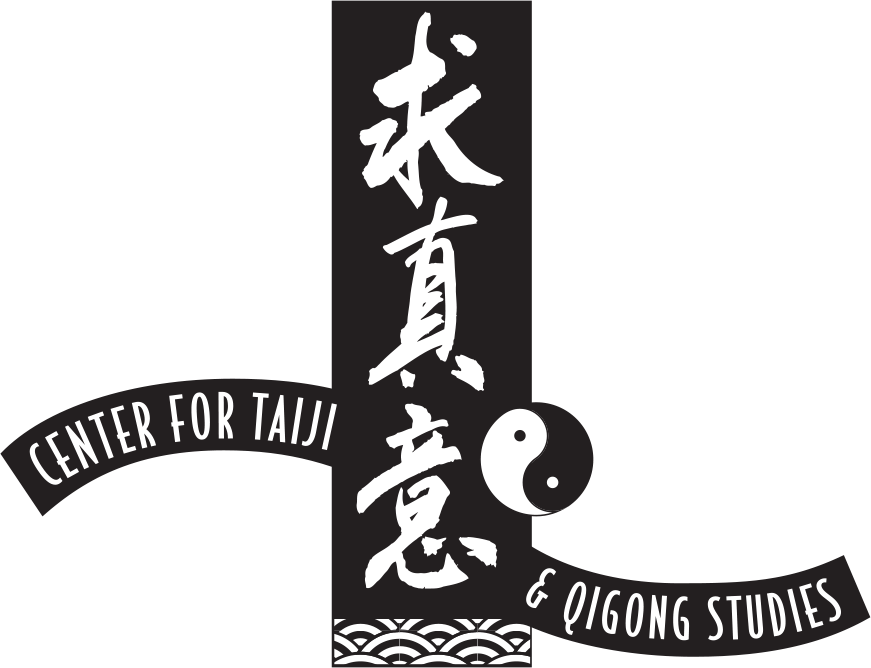Other Clinical Studies
Over the years, CTQS and its collaborators have conducted multiple studies dedicated to exploring the health benefits of Tai Chi, Qigong, and meditation beyond chronic back pain. Below are selected examples with peer-reviewed outcomes:
Anxiety and Sleep in Young Adults
Effects of Tai Chi on Anxiety and Sleep Quality in Young Adults
Published: 2016, Nature and Science of Sleep
Health Focus: Anxiety, Sleep Quality
Summary: This randomized controlled trial found that Tai Chi significantly reduced anxiety and improved sleep quality in young adults, offering a non-pharmacologic approach to address these issues.
Immune Function and Response to Flu Vaccine
Effects of a Taiji and Qigong Intervention on the Antibody Response to Influenza Vaccine in Older Adults
Published: 2007, American Journal of Chinese Medicine
Health Focus: Immune Function
Summary: Older adults who practiced Tai Chi and Qigong had a stronger and longer-lasting immune response to the influenza vaccine compared to control participants.
Balance Mechanisms in Adults
Effect of Taiji and Qigong on Balance Mechanisms
Published: 2007, Medical Science Monitor
Health Focus: Functional Balance, Vestibular Function
Summary: Practicing Tai Chi and Qigong improved balance among healthy older adults, with measurable improvements in vestibular control and stance stability.
Knee Strength and Neuromuscular Control
Taiji Training Improves Knee Extensor Strength and Force Control in Older Adults
Published: 2003, Journal of Gerontology
Health Focus: Lower Body Strength, Neuromuscular Function
Summary: A 20-week Tai Chi training program led to significant gains in knee strength and neuromuscular force control, demonstrating benefits beyond simple strength training.
Multimodal Intervention for Early Dementia
Effects of a Multimodal Intervention on Outcomes of Persons with Early-Stage Dementia
Published: 2008, American Journal of Alzheimer’s Disease & Other Dementias
Health Focus: Cognitive Function, Balance, Self-Esteem
Summary: A 40-week intervention combining Tai Chi, cognitive-behavioral therapy, and support groups showed improvements in cognitive abilities and self-esteem among individuals with early-stage dementia.



